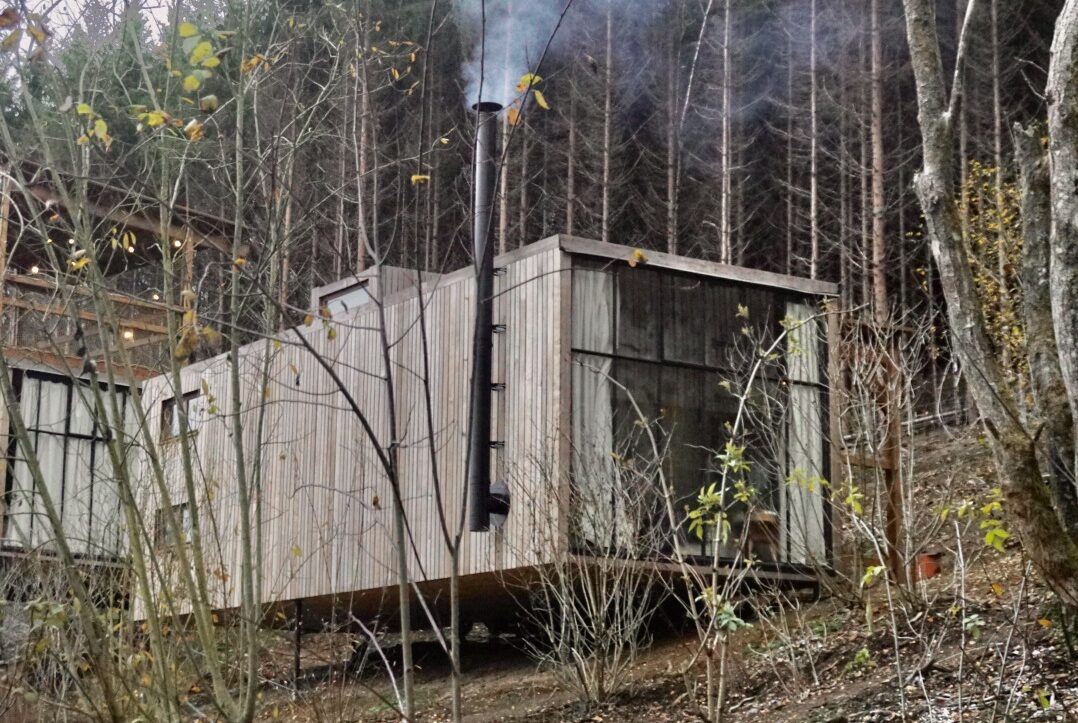The Ultimate Responsible Travel Guides
The Ultimate Responsible Travel Guides: 12 Powerful Ways to Travel Better
Responsible Travel Guides aren’t just practical tools — they’re part of a world I’ve been immersed in for nearly a decade as a guest lecturer and keynote speaker in sustainable tourism.
But honestly, the obsession started long before the microphones, auditoriums, and eco-panels.
By the time I was 18, people were already calling me “a walking encyclopedia.”
And not the sleek digital kind — I’m talking about those old-school, dust-gathering tomes you needed two hands and a moment of silence to lift. I wore that nickname proudly. I was obsessed. Still am.
That early curiosity grew into a profession built on exploring how travel can uplift or unsettle communities, revive or endanger ecosystems, and open or close doors to deeper cultural understanding. I’ve seen the magic of tourism done well — the empowerment, the reciprocity, the dignity. I’ve also seen the messy parts, the strain, and the cost of tourism done carelessly.
These Responsible Travel Guides were shaped by all of that: years of listening, learning, and witnessing transformation in real time. They’re here to help you explore intentionally and respectfully — with enough humor to survive those travel moments where you confidently use a new phrase and accidentally tell someone their uncle smells like a joyful potato. It happens. Often.
Whether you’re stepping into ethical travel for the first time or you’ve been around since we all used paper maps and questionable hostel showers, these Responsible Travel Guides will help you move through the world with impact, integrity, and a light footprint.

Understanding Responsible Travel
Responsible travel means being aware of the ripple effect your journey creates. It’s not about perfection — it’s about presence, choices, and recognizing that your actions shape the environments and communities you enter.
Responsible Travel Guides serve as your compass, offering practical steps to reduce harm, amplify good, and deepen connection.
Why Responsible Travel Matters Today
Tourism is powerful — but it’s not neutral.
We’re facing:
- Overtourism
- Environmental degradation
- Loss of cultural authenticity
- Local displacement
- Exploitation of workers
- Unsustainable waste practices
- Responsible travel flips the script.
It moves travel from consumption to connection, from extraction to exchange.

Common Misconceptions About Responsible Tourism
Let’s clear a few things up:
- It’s not only for “eco people.” It’s for anyone who wants meaningful travel.
- It doesn’t have to be expensive. In fact, it often saves money.
- It doesn’t limit fun. It actually opens doors to deeper, richer experiences.
Key Principles Behind Responsible Travel Guides
Responsible Travel Guides tend to revolve around three major pillars — environment, culture, and community.
Environmental Stewardship
Being kind to the planet is non-negotiable.
Nature isn’t our playground — she’s our life-support system.
Minimizing Your Footprint
Simple and effective practices:
- Choose slow travel when possible
- Carry reusables (bottle, bag, containers)
- Reduce plastic use
- Stay on marked paths
- Avoid unnecessary flights
- Opt for eco-friendly products
These aren’t extreme lifestyle changes — just everyday awareness.
Cultural Respect & Sensitivity
Cultures are not tourist attractions.
They’re living, breathing identities.
Show respect by:
- Learning basic phrases
- Dressing appropriately
- Asking before taking photos
- Observing before participating
- Understanding local customs and norms
Respect builds trust. Trust builds connection.
Supporting Local Economies
Where your money goes matters — a lot.
Choose:
- Local eateries
- Family-run guesthouses
- Community-based experiences
- Artisan-made products
- Local guides
Your choices can directly support livelihoods and cultural preservation.
Planning Your Trip Responsibly
Responsible travel begins long before you start packing.
Researching Ethical Destinations
Look for:
- Sustainability certifications
- Transparent tourism policies
- Community-led initiatives
- Environmental conservation programs
Awards aren’t everything — but they’re helpful indicators.
Choosing Sustainable Accommodations
A few signs of actual sustainability (not greenwashing):
- Renewable energy
- Water-saving systems
- Staff treated fairly
- Locally sourced food
- Effective waste management
- Transparency on operations
If a hotel claims to be “eco” yet hands you a dozen plastic-wrapped toiletries… you’ve got your answer.
Booking Local, Not Corporate
Local businesses:
- Circulate money within the community
- Preserve traditions
- Protect cultural identity
- Offer more authentic experiences
Plus, their stories will stay with you long after the trip ends.

On-the-Ground Responsible Practices
This is where the real magic — and responsibility — happens.
Respecting Wildlife & Natural Habitats
Golden rules:
- Don’t touch or feed wildlife
- Avoid animal entertainment
- Support ethical sanctuaries
- Keep a respectful distance
- Stick to natural, guided paths
If the experience feels “too cute to be natural,” it probably isn’t ethical.
Water & Waste Management While Traveling
Travelers often underestimate how much water and waste they generate.
Reduce your impact:
- Bring a water filter bottle
- Use reef-safe sunscreen
- Skip daily towel and sheet changes
- Carry reusable cutlery
- Say no to unnecessary packaging
- Small decisions, big impact.
Practicing Mindful Transportation
Not all transport is created equal.
Choose:
- Walking
- Cycling
- Public transport
- Carpooling
- Trains instead of flights
- Electric car roadtrips (we are specialised in this)
Slow travel isn’t just greener — it’s more fulfilling.

Responsible Travel Guides for Digital Nomads
Remote workers shape local ecosystems more than they realize.
Community Integration
Avoid “digital nomad bubbles.”
Try:
- Joining local workshops
- Supporting neighborhood shops
- Learning the local language
- Building friendships outside expat groups
- Presence builds belonging.
Ethical Co-working & Co-living Choices
Not all nomad hubs are created equal.
- Hire locally
- Pay fair wages
- Respect local culture
- Give back to the community
- Encourage inclusive environments
- Ethical workspaces = ethical impact.
Tech Tools That Support Responsible Travelers
Technology can guide your choices without overwhelming you.
Carbon Trackers
Apps like:
- Pawprint
- Klima
- MyCarbon
These help you understand — and reduce — your footprint.
Local Impact Platforms
Tools that help you travel with intention, such as:
https://www.responsibletravel.com
They connect you to ethical experiences, community projects, and sustainable stays.



Real Examples of Responsible Travel Guides in Action
Learn by seeing what works.
Eco-Lodges Leading the Way
Examples include:
- Solar-powered rainforest lodges
- Zero-waste island eco-retreats
- Community-run mountain stays
They show what the future of tourism can look like.
Community-Led Tourism
When communities lead:
- Income stays local
- Pride and identity strengthen
- Conservation becomes collective
- Travelers learn more deeply
- It’s win–win at its best.
Responsible Travel Guides: FAQs
1. What is the purpose of Responsible Travel Guides?
To help travelers minimize harm and maximize positive impact.
2. Is responsible travel expensive?
Usually not — mindful choices often save money.
3. How do I find ethical tour operators?
Look for transparency, community involvement, and fair labor practices.
4. Are Responsible Travel Guides only about the environment?
No — they include culture, community, and economy.
5. Should I offset my carbon emissions?
Yes, but only after you’ve reduced where you can.
6. What’s one simple way to start traveling responsibly?
Support local businesses wherever you go.
Conclusion — A Better Way to Explore the World
Responsible Travel Guides invite us to explore with awareness, compassion, and courage. They’re not about traveling perfectly — they’re about traveling consciously. Every small choice sends a message about the kind of world we want to build, protect, and pass on.
Travel can be beautiful, powerful, and transformative — especially when we do it with intention.
And if we can have a good laugh along the way at our own clumsy, human moments? Even better.



